News
News list
-

Workshop Review: The Global Pesticide Complex – New Research Directions in a Multipolar World
Pesticide markets, regulation, and geographies of toxicity and exposure are shifting fast, reshaped by new actors and evolving power dynamics. A three-day workshop gathered international scholars and civil society actors engaged with pesticide issues to map emerging research directions in an increasingly multipolar world.
-

Launch of the Geography Creative Lab: Innovative student work at UZH in the spotlight
The new UZH Geography Creative Lab website is a collaborative ‘lab’ space created to showcase creative and engaged research produced in various formats by students at our department. Our aim is to move beyond traditional forms of knowledge production and assessment, and to create a space where students’ ideas, innovation, and creativity are showcased and celebrated publicly.
-

Bridging academia and social media: Gallopping with the Critical Pony
The Critical Pony is a project designed to make the field of human geography more approachable and entertaining for a broad audience. Through bite-sized, engaging videos, this initiative tries to turn complex academic ideas into content that resonates on platforms like TikTok, Instagram, and YouTube Shorts.
-

Research Award for Dr. Soledad Castro
Postdoctoral Researcher Dr. Soledad Castro receives ICTA-UAB Best Prizes
-

Panel on Chemical Geographies at DKG 2023
Christian Berndt co-hosts a panel on debates at the interface of chemistry and human geography
-

Seminar "Regulatory challenges in a changing global pesticide complex"
UZH researcher Soledad Castro organized a seminar on pesticide regulation at ICTA-UAB, in Barcelona.
-
.png)
Research Award for Xiaohui Jiang
Xiaohui Jiang is awarded IPO Best Research Award from Hong Kong University of Science and Technology (HKUST)
-

The multiple spaces of the global economy
Christian Berndt and Marc Boeckler have contributed to a new edited book that explores how space emerges as people attempt to organize and reorganize their everyday activities.
-
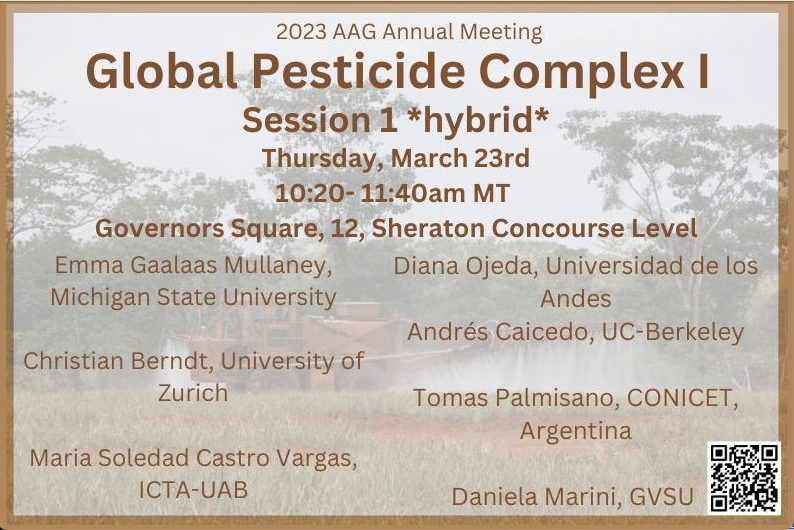
AAG 2023: Global Pesticide Complex Sessions
Together with Marion Werner (SUNY Buffalo), Annie Shattuck (Indiana University) and Becky Mansfield (Ohio State University) Christian Berndt co-organized two paper sessions at the AAG Annual Meeting in Denver.
-

Chemical Geographies: Analyzing global pesticide supply chains
A new research project analyzes selected global herbicide supply chains linking sites of agricultural use in Latin America with places of production in Asian countries.
-

Video-Podcasts von Studierenden der Wirtschaftsgeographie
Im GEO364 Seminar des Herbstsemester 2022 vertieften die Studierenden ihr bereits vorhandenes Wissen zur Wirtschaftsgeographie und analysierten wirtschaftliche Prozesse und Zusammenhänge aus einer kritischen Perspektive. Dabei entstanden viele grossartige 10-minütige Video-Podcasts.
-

Ein Labor, das die Grenze schafft
Die europäische Aussengrenze existiert nicht von sich aus. Sie wird seit zwanzig Jahren praktisch in die Tat umgesetzt. Simon Noori zeichnet die Geschichte der umstrittenen Grenzschutzagentur Frontex in einem Beitrag für die WOZ nach.
-

FinGeo Doctoral Dissertation Prize 2021 awarded to Manuel Wirth
Manuel Wirth has been awarded the 2021 Dissertation Prize by the Global Network on Financial Geography (FinGeo)
-

Welche Verantwortung trägt die Schweiz?
Die Schweiz beruft sich immer wieder auf ihre humanitäre Tradition. Auch, wenn es um Geflüchtete geht. Was bedeutet das in Bezug auf die Situation der Geflüchteten im Mittelmeer? Eine Diskussion mit Simon Noori, Migrationsforscher am GIUZ und an der Universität Neuchâtel.
-

Handbuch Feministische Geographien
Karin Schwiter collaborated as an editor and author in this recently published book by the Autor*innenkollektiv Geographie und Geschlecht.
-

Contribution to the debate on socialist modernism, Degrowth and technology
Peter Howson, Jillian Crandall and Xavier Balaguer Rasillo published an article entitled "Digital Degrowth innovation: less growth, more play". The paper contributes to the special issue: "Environmental limits, scarcity and Degrowth" published by the Journal of Political Geography.
-

New paper on glyphosate and global pesticide production and use
Marion Werner, Christian Berndt and Becky Mansfield published a paper titled "The Glyphosate Assemblage: Herbicides, Uneven Development, and Chemical Geographies of Ubiquity" in Annals of the American Association of Geographers.
-

Decent Care without Decent Work?
Karin Schwiter, Jennifer Steiner and their collaboration partners published a book with key findings of their project on live-in care. The book examines how the commodification and formalization of live-in care work is gradually affecting the public understanding of decent work and decent care.
-

Artikel zu Live-in-Betreuung unter Corona
Karin Schwiter und Anahi Villalba haben in der Zeitschrift «Die Volkswirtschaft» des Schweizer Staatssekretariats für Wirtschaft (SECO) einen Artikel über Live-in-Betreuung unter Corona publiziert.
-

Arbeiten für die Gig-Economy
Zwei neue Beiträge über das Arbeiten in der Gig-Economy von Karin Schwiter und Marisol Keller wurden soeben in der Fachzeitschrift "Frauenfragen" publiziert.
-

Geographies of Care Work
In their new article published in the economic geography section of Geography Compass, Karin Schwiter and Jennifer Steiner review the existing literature on care work within geography. They trace current transformations based on commodification and digitalisation processes and point to alternative caring visions.
-
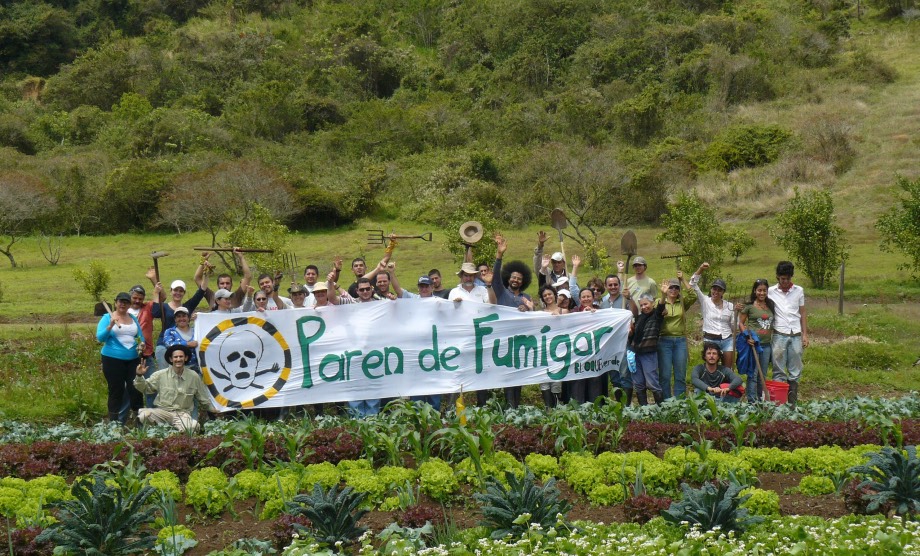
Living with Pervasive Agrichemicals
Read the interview with Marion Werner, Christian Berndt, and Becky Mansfield that are co-organizing the upcoming Baldy Center workshop, “Global Glyphosate: New Challenges in Regulating Pervasive Chemicals in the Anthropocene.”
-

New research project on glyphosate
The US National Science Foundation (NSF) has awarded a research grant to Marion Werner (SUNY Buffalo), Christian Berndt (University of Zurich), Ryan Galt (UC Davies) and Becky Mansfield (Ohio State University Columbus) to study the economic geographies of the herbicide glyphosate, focusing on the generics market and on struggles over the regulation of herbicide products based on glyphosate.
-
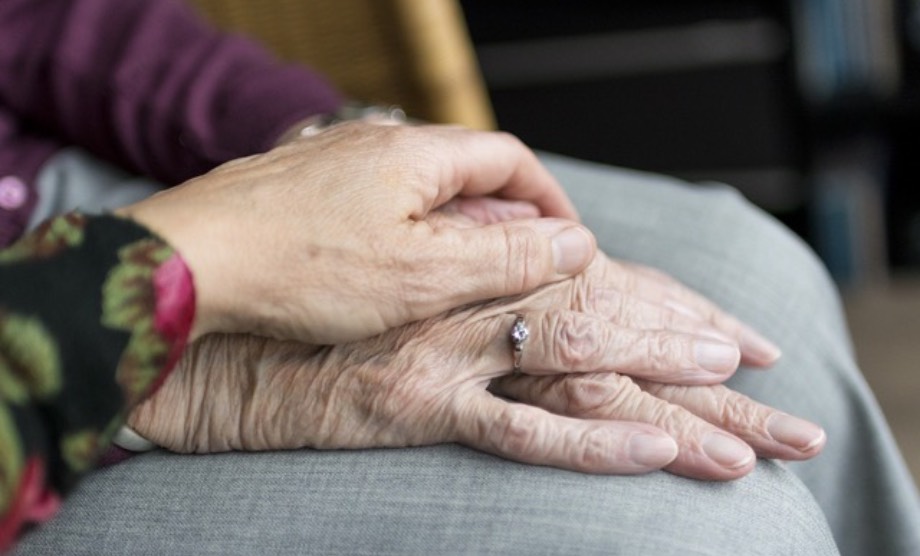
Grenzerfahrungen in der Betreuung von Betagten
Karin Schwiter, Jennifer Steiner und Mitautorinnen beschreiben in Artikeln und Blogbeiträgen die schwierige Lage der Care-Arbeiterinnen aus Osteuropa während der Corona Krise.
-
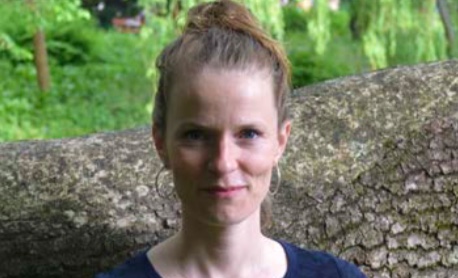
Christin Bernhold - ADLAF-2020-Gewinnerin
Christin Bernhold gewinnt den diesjährigen ADLAF-Preis mit ihrer Dissertation "Upgrading, Competitive Strategies, and Uneven Development. On Corporate Strategies and Class Dynamics in Argentinian Grand and Oilseed Value Chains".
-

New Book out: Market/Place
Market/Place - Exploring Spaces of Exchange
Edited by Christian Berndt, Jamie Peck, Norma M. Rantisi
-
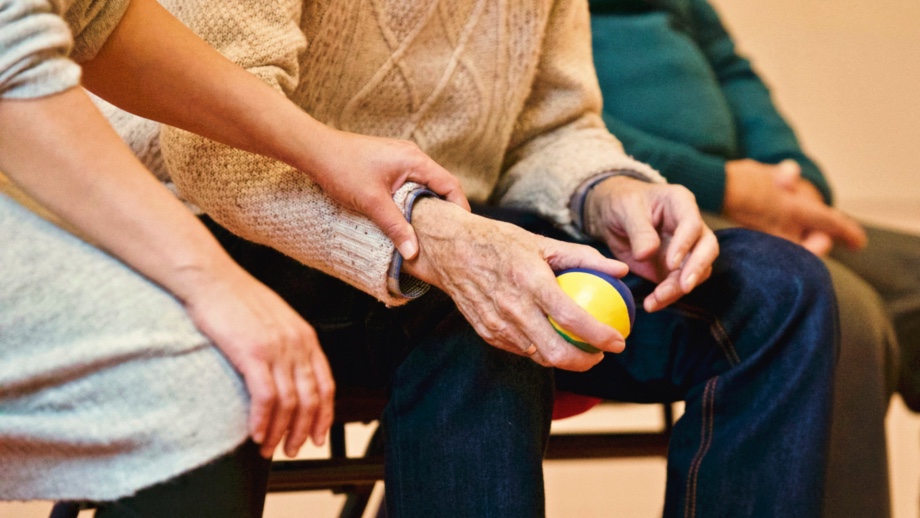
Problematische 24-Stunden-Betreuung zu Hause
Der bei knoten&maschen publizierte Blogbeitrag von Karin Schwiter zeigt die Schwierigkeiten der 24-Stunden-Betreuungsangebote auf. Besonders die Arbeitskräfte aus Zentral- und Osteuropa spielen eine wachsende Rolle.
-

24h-Betreuung: Deutschland, Österreich und die Schweiz im Vergleich
Im Interview mit Radio FRO (Freier Rundfunk Oberösterreich) diskutieren aus Deutschland Helma Lutz (Professorin für Frauen- und Geschlechterforschung), aus Österreich Brigitte Aulenbacher (Professorin für Soziologie) und aus der Schweiz Karin Schwiter (Forschungsgruppenleiterin "Geographies of labour and migration", Universität Zürich).
-
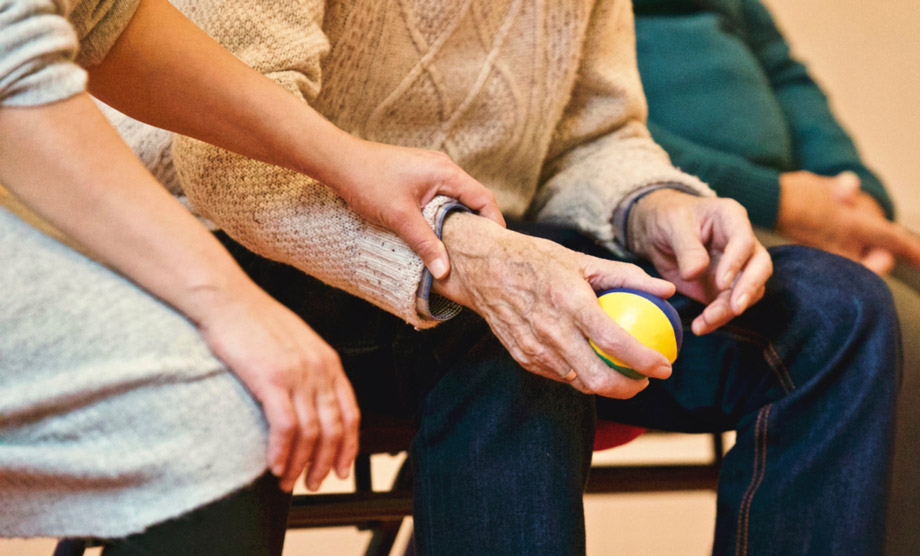
Problematische 24-Stunden-Betreuung zu Hause
Immer mehr ältere Menschen werden zu Hause betreut. Dabei spielen 24-Stunden-Angebote mit Arbeitskräften aus Zentral- und Osteuropa eine wachsende Rolle. Blogbeitrag und Radiointerview über Karin Schwiters Forschung zur Live-In-Betreuung.
-

Talkshow «Zoom Persönlich»: Working Mom
Vollzeitmamis und Working Moms diskutierten in der Talkshow «Zoom Persönlich» über die Vereinbarkeit von Beruf und Familie. Mit dabei als Wissen-schaftlerin: Die Wirtschafts-geographin Karin Schwiter.
-

Struggling for the moral market: Economic knowledge, diverse markets, and market borders
Focusing on the rise of behavioral and experimental economics and its implications for social policies, we demonstrate that geographies of marketization are not confined to the study of the models of neoclassical economics.
-
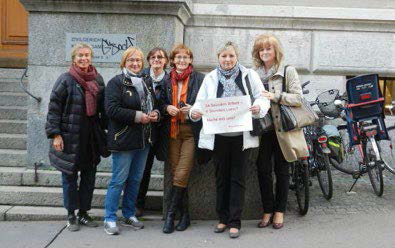
Unsichtbare Care-Arbeit. Transnationale Sorgeketten für Schweizer Senior*innen
Was beinhaltet eine feministisch-geographische Perspektive auf Care-Arbeit? Wie funktionieren transnationale Betreuungsketten für Schweizer Senior*innen? Wie sind live-in Betreuer*innen in Privathaushalten arbeitsrechtlich geschützt?
-
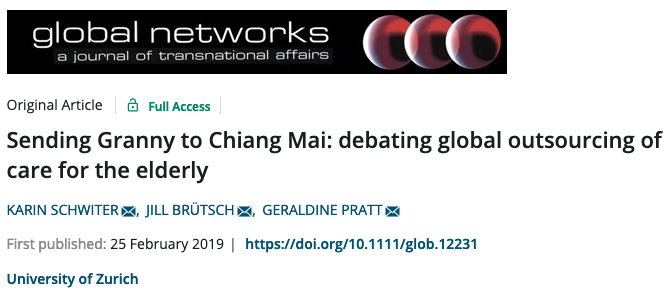
Sending Granny to Chiang-Mai
This article ties in with existing discussions on global care chains, family separation and the devaluation of social‐reproductive work. We explore the new trend of outsourcing care for the elderly to countries with lower wages.
-

Auch die Betreuerin braucht mal Pause
Frauen aus osteuropäischen Ländern kümmern sich in Schweizer Haushalten um Betagte. Ihre Tätigkeit ist gesetzlich kaum geregelt. Wie fair die Bedingungen sind, hängt von den Betreuungsagenturen und den Angehörigen ab, die sie beschäftigen. Wirtschaftsgeographin Karin Schwiter erklärt, was beachtet werden muss.
-
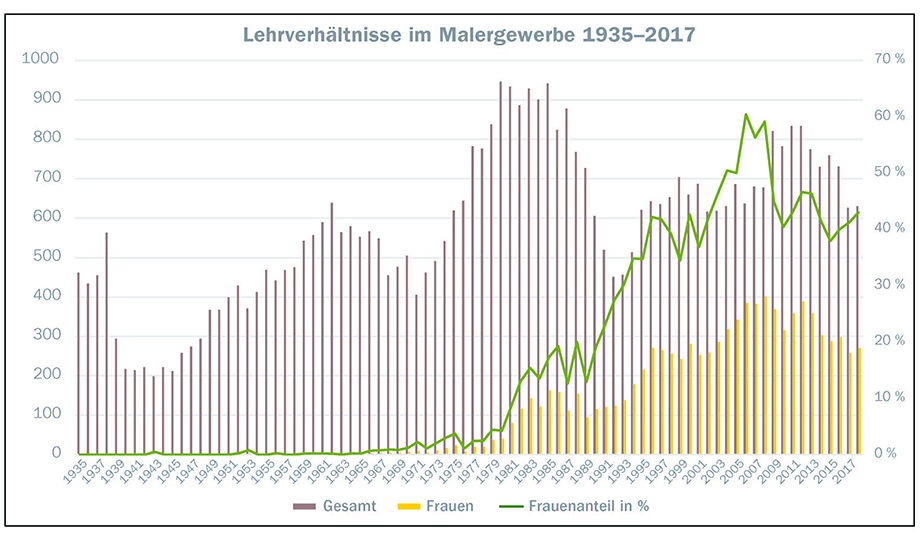
«Männertypische» Berufe sollen sich wandeln
Erobern Frauen den Malerberuf? Die Statistik aus der Grundbildung beantwortet diese Frage mit Ja. Die Herausforderung ist aber, die weiblichen Arbeitskräfte im Beruf zu halten. Eine Stärkung der Teilzeitarbeit würde das einfacher machen.
-

Tango in den Abgrund
Keine Investoren, gestrichene Subventionen, massiv steigende Preise: Argentinien droht der grosse Absturz. Christian Berndt, Wirtschaftsgeograf an der Universität Zürich, beantwortet die wichtigsten Fragen.
-

Eine Klärung der Präsenz- und Ruhezeiten
Ende Juni 2018 hat der Bund Informationsblätter zur rechtlichen Situation in der 24-Stunden-Betreuung veröffentlicht. Gleichzeitig stellt er einen Modell-NAV für die Ergänzung der kantonalen Normalarbeitsverträge (NAV) Hauswirtschaft zu Verfügung.
-

Malerberuf im Wandel
War der Malerberuf früher traditionell in Männerhand, schliessen heute in gewissen Kantonen sogar mehrheitlich Frauen die Lehre als Malerin ab: In der Innerschweiz sind es 62 Prozent der Lehrabsolventen. Die Schwyzer Wirtschaftsgeografin Karin Schwiter nimmt im Interview dazu Stellung. Sie untersucht die geschlechtertypische Berufswahl bei Jugendlichen.
-

In the Engine Room of the World
Can poverty be tackled by systematically influencing the behavior of those affected? Or does that just perpetuate it? Christian Berndt and Guilherme Lichand discuss the effects of social intervention.
-
Publication: At home with the boss: Migrant live-in caregivers, social reproduction and constrained agency in the UK, Canada, Austria and Switzerland
Also in Transactions has been recently published a new article by Karin Schwiter, together with Kendra Strauss and Kim England.
-
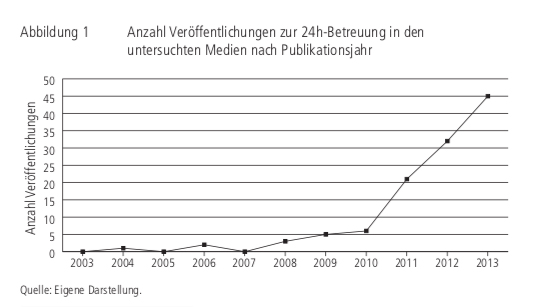
Publication: On the Construction of 24 Hours Care for the Elderly in the Swiss Media
A media analysis by Karin Schwiter, Katharina Pelzelmayer and Isabelle Turnherr has been published in the current issue of the Swiss Journal of Sociology.
-
Virtual Issue
Christian Berndt compiled a Virtual Issue for Progress in Human Geography titled »Uneven development, commodity chains and the agrarian question«.
-
Publication: Social Impact Bonds / Social Finance
Christian Berndt and Manuel Wirth have just published a new paper in Geoforum.
-
Publication: Uneven development in Argentina
Christian Berndt and Christin Bernhold have just published a new publication in Zeitschrift für Wirtschaftsgeographie.
-
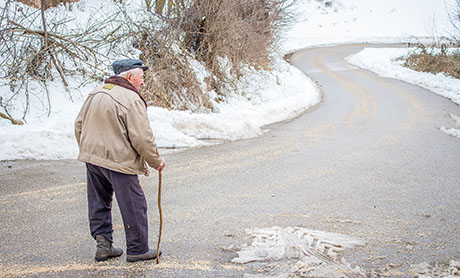
When Olga from Poland takes care of grandpa
Their names are Olga or Maria and they come from Poland, Slovakia or Romania. They appear as angels in a difficult situation, when grandpa suffers from slight dementia and can no longer take care of himself. They are called 24-h-carers, because they move in with grandpa and care for him 24 hours a day. In a guest commentary for the newspaper Bote der Urschweiz Karin Schwiter explains her research on this new form of labour in private households (in German). Bote der Urschweiz
-
Publication: EU's Smart Border
Simon Sontowski has just published a new article in the Special Issue "Contested Control at the Margins of the State" of the Journal of Ethic and Migration Studies.
-
Publication: Short-term Circular Migration
Chau Huey Shy, Pelzelmayer Katharina and Schwiter Karin have just published a new article in "Cities".
-
Assembling Neoliberalism
Christian Berndt and Marc Boeckler have contributed the chapter "Economics, Experiments, Evidence: Poor Behavior and the Development of Market Subjects« to the book »Assembling Neoliberalism«. The books is edited by Vaughan Higgins and Wendy Larner and has just been published by Palgrave Macmillan.
-

Publication: Stay-at-home fathers on the wane
In joined collaboration Karin Schwiter and Diana Baumgarten just published a new article titled Stay-at-home fathers on the wane – In comes daddy day! Changing practices of fathering in German-speaking countries, in: Dialogues in Human Geography 7(1), 83-87.
-
Nationale Konferenz - Bezahlte Arbeit in Schweizer Privathaushalten. Situation und Zukunftsperspektiven
The National Conference Paid Work in Swiss Households was co-organised by the Economic Geography Working Group at the University of Zurich and the Denknetz working group “Prekarität”. It provides a platform for scholars, experts and activists to discuss timely developments and issues in the field of paid work at private households: its status quo, legal framework and imminent future. Regarding the scientific exploration of 24-hour care, the bi-lingual conference includes presentations of the results of the Swiss National Science Foundation project "Care Markets", which was conducted by Karin Schwiter, Huey-Shy Chau und Katharina Pelzelmayer.
Friday 12 May 2017, Pädagogische Hochschule Zürich, room LAB F15 -

Männer und Gleichstellung - Was ist Männerforschung?
Karin Schwiter discuses together with other referees at the panel of the Gender Equality Commission on Monday, 3 April 2017, 12:15-13:45 pm, RAA G-01, Rämistrasse 59.
-
Publication: Labor Segmentation Theory
Christian Berndt contributed a text on Labor Segmentation Theory to the »International Encyclopedia of Geography« that has just been published jointly by the Association of American Geographers and Wiley-Blackwell. Wiley Online
-

New research project: Decent Care Work
The German, Austrian and Swiss National Science foundations have granted funding for the research project "Decent Care Work? Transnational Home Care Arrangements.“
-
Lost talents
Swiss scholars have very good skills in maths, as the current PISA-study shows. Nevertheless the study shines light on a well known problem: Maths, physics and chemistry are male domains.
-
Why microinsurances don't work as a private market
Private microinsurances are meant to protect peasants from crop shortfall and decrease farmers vulnerability to extreme weather. Unfortunately these insurances didn’t fulfill the expectations, as Leigh Johnson showed in her research at the UZH. Much effort is needed to explain the product to the peasants and the insurance premiums are high and will be rising as the effects of climate change become more severe for agriculture.
-
Care Migration - A part of the family?
Is care migration a win-win-situation for the carer and the person in need of care? Interview with Karin Schwiter in Migros Magazin, 5.9.2016.